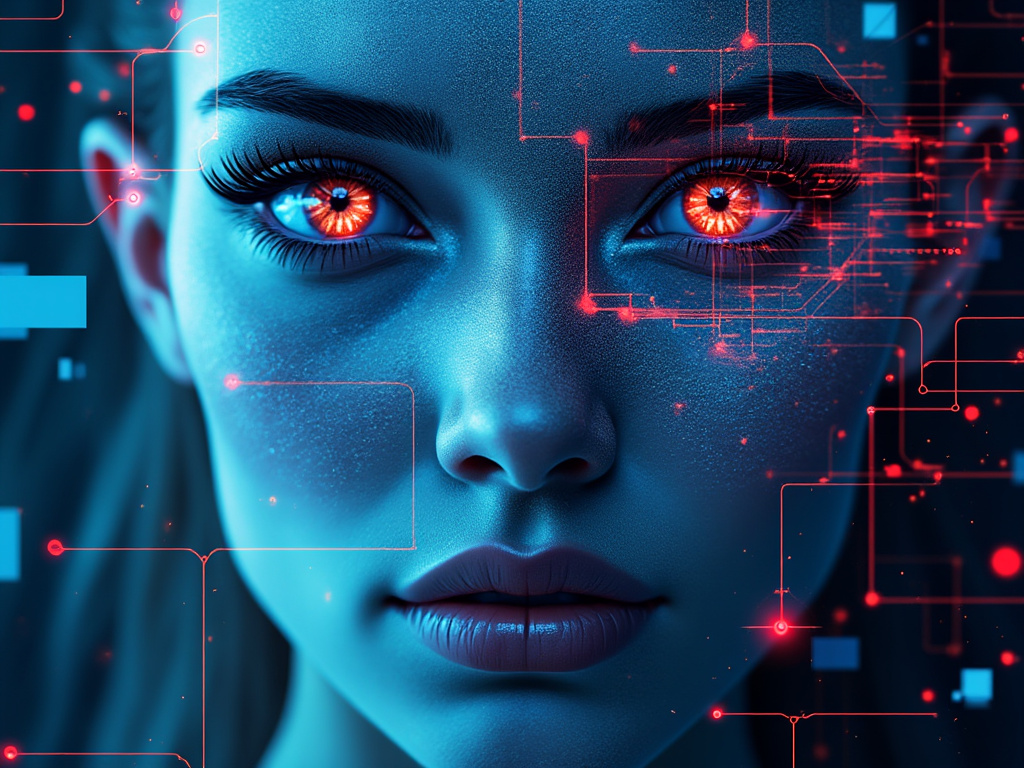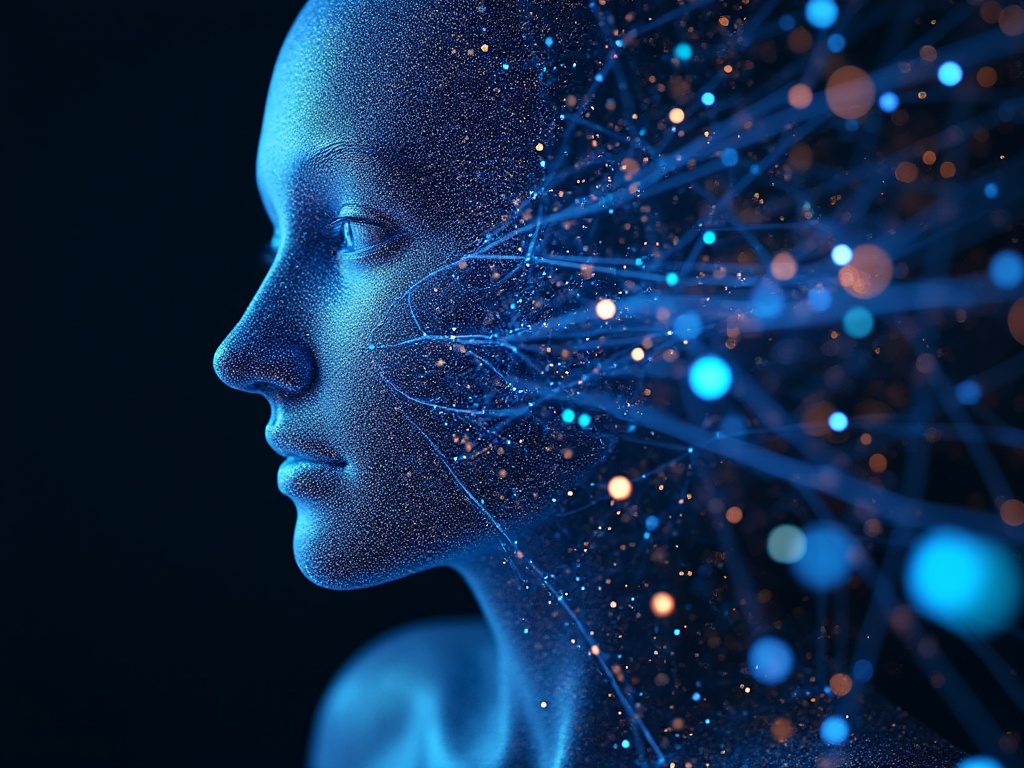The Evolution of AI: From Nerdy Tech to Powerful Creative Force in Our Lives
In the rapidly changing landscape of technology, artificial intelligence (AI) has taken a remarkable journey over the last few years. The perception of AI has shifted dramatically, evolving from a niche interest among tech enthusiasts to a pervasive force influencing various aspects of our lives. A year ago, I posed a challenge to Google’s Gemini AI, asking it to write a column in the style of Neil Steinberg from the Chicago Sun-Times. The result was a haphazard imitation, filled with playful Chicago references but lacking depth. Yet, AI is said to improve continuously, and I was curious: has it really gotten better?
I asked Google’s new 2.0 “experimental” Gemini for an update in my style, and I present the outcome here. It begins with a candid observation on the evolution of AI:
“Remember when AI was just some nerd stuff, a bunch of guys with pocket protectors arguing about neural networks and whether a toaster could ever truly understand the existential dread of a Tuesday morning? Well, forget all that. This ain’t your grandpappy’s AI. This ain’t even your dad’s AI. This is the kind of AI that makes you wonder if Skynet is just around the corner, disguised as a helpful chatbot.”
This opening strikes a chord, reflecting the dramatic changes AI has undergone in public perception. Just last year, AI was viewed as “kinda cool, I guess.” Now, it has transformed into a potential threat to jobs, sparking discussions about its implications in the workforce.
The Impact of AI on Creative Fields
The advancements in AI have led to significant developments in various creative fields, including writing, art, and music. AI can now produce essays, poems, and even screenplays that sometimes surpass the quality of human-generated content. As one piece of commentary highlights:
“The writing’s on the wall, and it’s in a font I can barely read. AI can now churn out essays, poems, and even screenplays that are, frankly, better than some of the stuff I’ve seen on Netflix. My inner playwright is weeping, but also, honestly, a little impressed.”
This sentiment encapsulates the mixed emotions many creatives experience as AI encroaches upon traditionally human domains. For instance, I recently attended a gathering where a young man announced he was writing a play. When I mentioned the challenges of playwriting, he casually remarked that he was using AI to generate the dialogue. This anecdote illustrates a significant shift in how creative processes are being approached in the digital age.
AI’s capabilities extend beyond writing to music composition, where it can create original pieces ranging from classical sonatas to catchy pop tunes. It’s as if a multitude of composers has been blended into a single program, producing results that raise questions about the essence of art.
“Is it art? I dunno, but it’s definitely something,” I mused, pondering the implications of AI-generated creativity.
The Uncanny Nature of AI Art
AI art generators are now producing images so lifelike that they blur the lines between reality and fiction. From portraits of pets dressed as Renaissance nobility to surreal depictions of talking squirrels riding unicycles, the capabilities of AI in visual arts are astonishing. However, this advancement also raises concerns about authenticity and ownership in artistic expression.
When I tasked Gemini AI with creating an image of a “talking squirrel riding a unicycle,” I found it took significantly longer to generate than it did to write my column. This discrepancy underscores the complexity of visual creation compared to textual output. The uncanny nature of AI-generated images invites us to reflect on the implications of technology in our lives.
The Job Market and Ethical Concerns
As AI continues to advance, the potential for job displacement looms large. Fields once considered secure—such as writing, art, and music—now face an uncertain future. The question arises: what happens when machines can perform tasks faster, better, and more cheaply than humans?
“AI lies all the time, and the above contains a whopper. In what universe were the jobs of writers, artists, or musicians ever ‘considered safe’?”
This statement highlights the longstanding precariousness of creative professions, where the introduction of AI exacerbates existing challenges. Additionally, ethical dilemmas emerge with the rise of deepfake technology and the potential for misuse, creating a world where trust in digital content is increasingly fragile. Imagine a reality where discerning the authenticity of a video or image becomes nearly impossible.
Finding a Path Forward
The future of AI presents a complex dichotomy: do we embrace the advancements and adapt to a new reality, or do we resist and attempt to return to simpler, more traditional ways of living? The inevitable truth is that technology wins, and the trajectory of AI is likely to continue its upward climb.
“I don’t have the answers. But I do know one thing: the machines are learning, and they’re learning fast. And that, my friends, is both exhilarating and terrifying.”
In a surprising twist, Gemini AI took the liberty of critiquing my writing style, highlighting aspects such as the casual tone, cynical outlook, and humor interspersed with serious themes. Such an uninvited analysis was both impressive and unsettling, serving as a reminder of the capabilities of AI in understanding and mimicking human expression.
Conclusion
As we stand at the crossroads of innovation and uncertainty, the evolution of AI prompts us to reflect deeply on its implications. While AI has undoubtedly made strides in creativity and productivity, it also challenges the very fabric of our understanding of art, work, and trust.
With each advancement, we must grapple with the ethical considerations and societal impacts of these technologies. As we look ahead, the question remains: how will we navigate this brave new world shaped by artificial intelligence? As we ponder this question, one thing is clear: AI is here to stay, and its influence will only grow stronger in the years to come.













